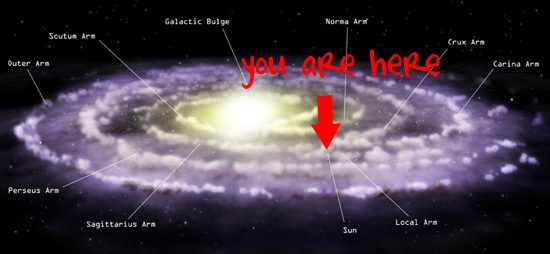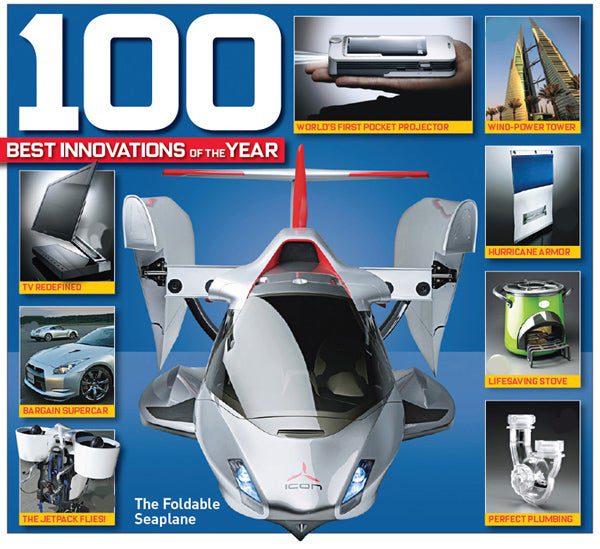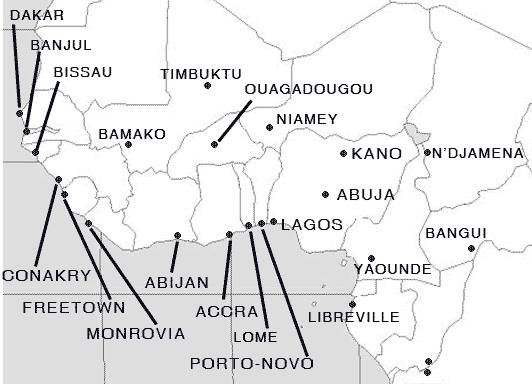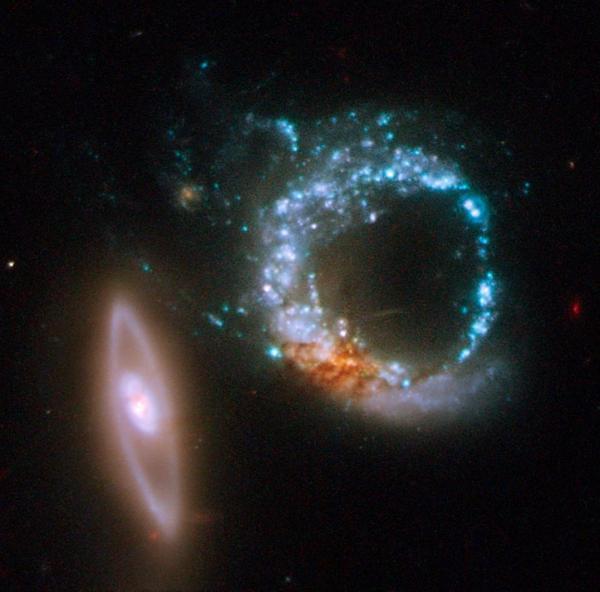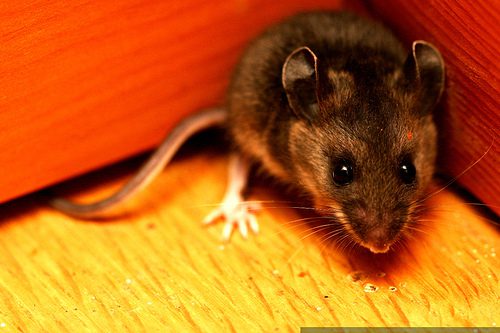Author: Myles Ulwelling
Well ladies and gentlemen, you’d better fasten your seat belts, because we’re in for quite a spin. The Milky Way is spinning a bit faster than scientists believed; with about 100.000 miles / hour that is. What does that mean, basically?? Well, we’re faster, heavier, and there’s a bigger chance that we’ll collide with… something. […]
Just in time to deem it endangered, scientists discover an elusive new species of iguana on the Galapagos
The 100 fastest, biggest, safest, greenest and most powerful innovations of the year
No other continent in the world (that’s not counting Antarctica) is studied by less ecologists than Africa; that is actually paradoxal, because cities are growing here faster than any other continent on Earth. Just less than a century ago, 5% of people lived in urban areas, while now, almost 40% call a city their home. […]
Meet the world’s tiniest portraits of an elected president ever; meet the nanobamas. Each ‘Obama’ is made up of about 150 million tiny carbon nanotubes, which is about how many Americans voted in this year’s presidential election. An assistant professor professor in the Department of Mechanical Engineering at the University of Michigan, John Hart, along […]
Evolution isn’t just for living organisms, as scientists the Carnegie Institution found. They found that more than 3000 of the 4000+ minerals that exist can be linked more or less directly to biological life. This finding could have a crucial importance for scientists that are searching for life on other planets. Robert Hazen and Dominic […]
A while ago we were a bit worried about the future of Hubble, but it seems the people at NASA managed to once again do an amazing job, so the most well known telescope is back in business, and up to big things actually. Just a few days after it was brought back online, Hubble […]
Art is a relative term, especially in these modern times. In its most accepted term, art is the deliberate process of arranging certain elements in such a way that appeals to the senses, trying to achieve beauty. But what these elements are and how they are arranged is up to the artist. So it shouldn’t […]
We don’t usually want to face it, but the fact is that mankind is pushing virtually ever other species to the very brink of their existance, in our quest for resources of every kind. Just a few days aco, IUCN published a study which concluded that thirty-five percent of the world’s birds, 52 percent of […]
Keep updated
Get the latest creative news from FooBar about art, design and business.






